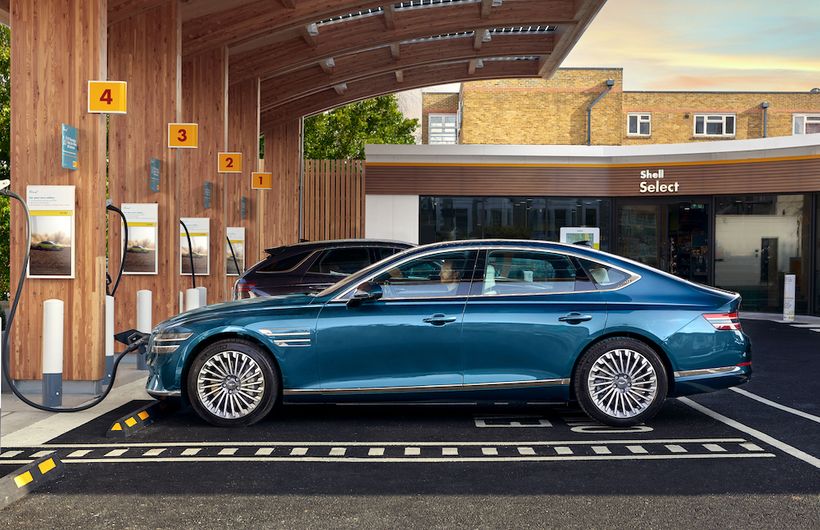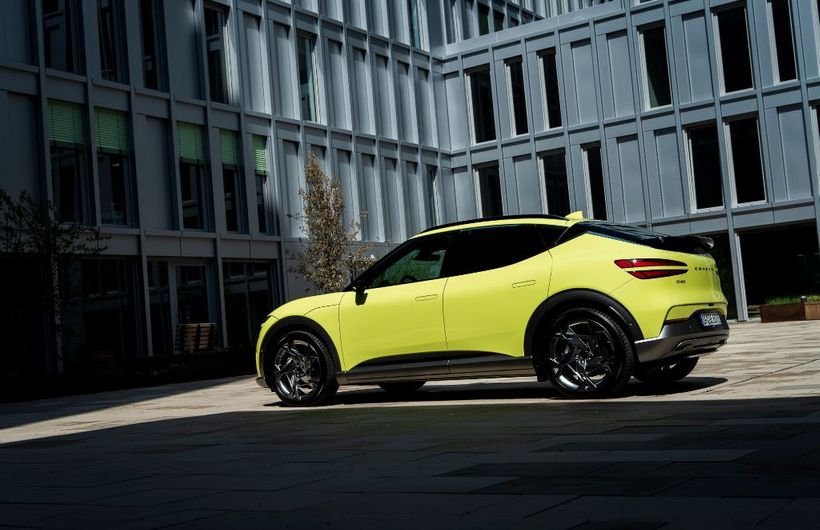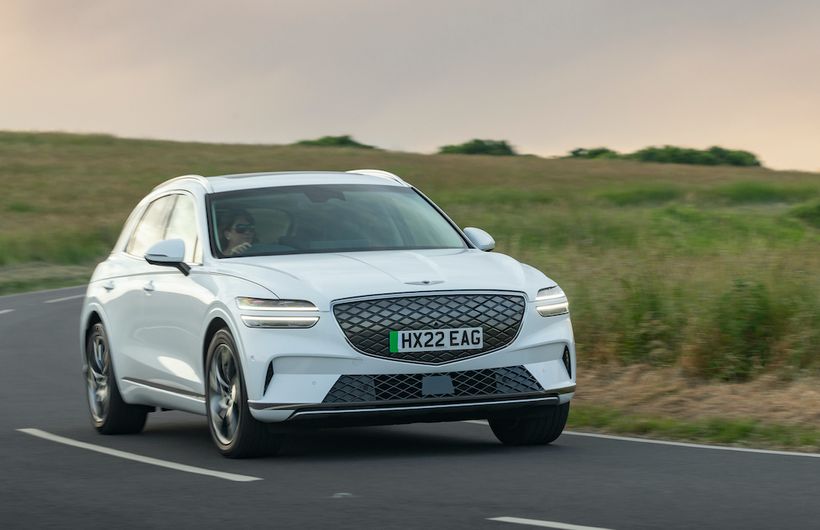The word ‘Genesis‘ has associations with the Bible, a rock band that is very nearly as old as the Bible, and a new(ish) luxury car brand from Korea. As the company is unleashing a new range of electric cars onto the UK market, we're going to take a closer look at the driving force behind them.
As Lexus is to Toyota, so Genesis is to Hyundai and Kia. Although those two brands have been attracting customers from prestige rivals already thanks to exceptionally good products such as the IONIQ5 and EV6, the Korean conglomerate than owns both knows that it can only stretch them so far upmarket. So they have created a whole new badge which promises all sorts of luxury and tech. They must hope that its Old Testament-themed posh car brand doesn’t fizzle out in the UK like Nissan’s Infiniti luxury marque did.
Genesis is banking on a programme of new model launches that will quite rapidly become exclusively battery powered. Internal combustion powered Genesis big saloons and sports utilities are thin on the ground here, and won’t be sold new from 2030. All Genesis models launched from 2025 will be electric.
 Some Genesis models are available with petrol or electric power
Some Genesis models are available with petrol or electric power 












